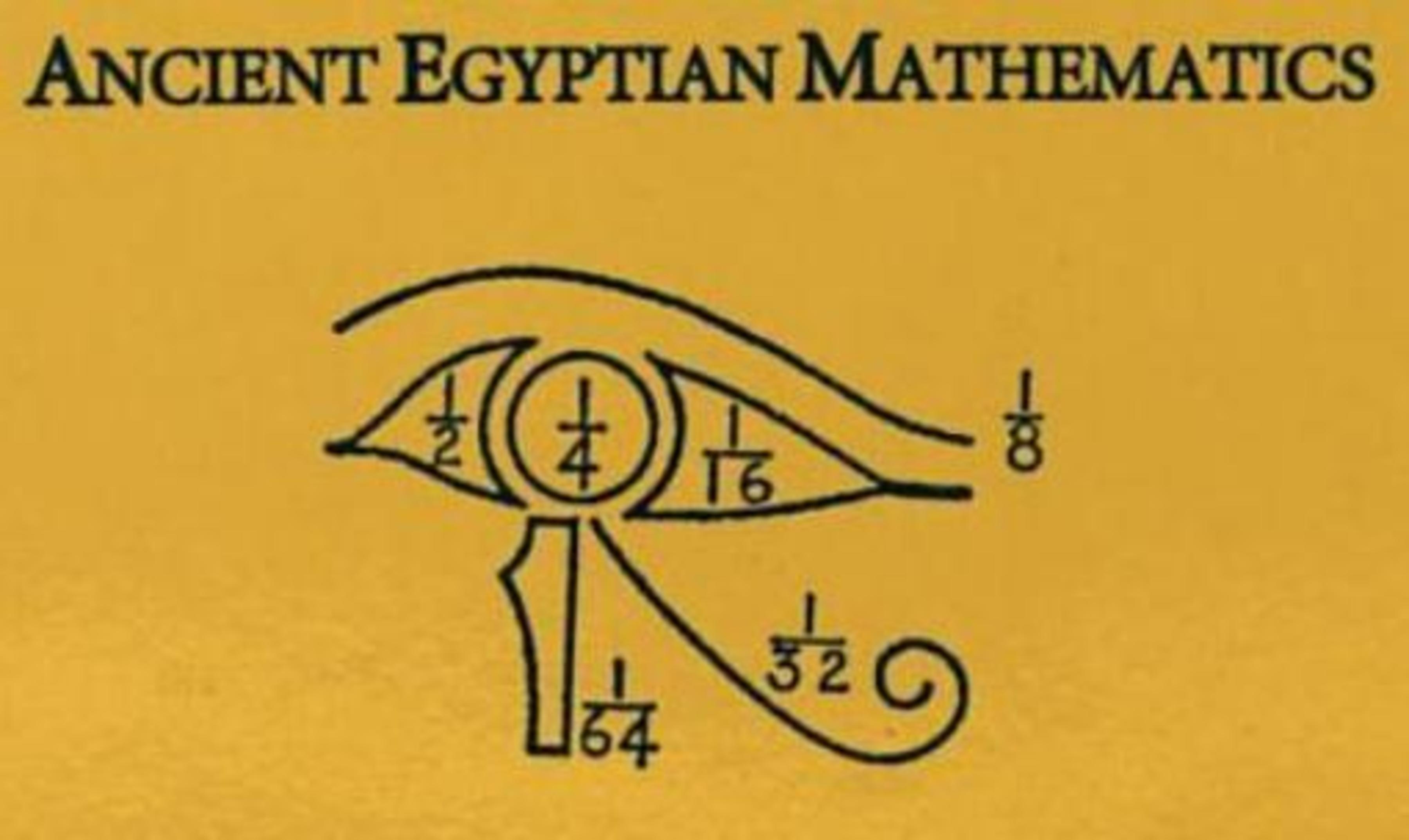Egyptian's way
An Egyptian fraction is a sum of positive distinct unit fractions. A fraction is unit fraction if numerator is and denominator is a positive integer. Implement an algorithm to represent a fraction as the sum of finite unit fractions.

What is the value of ?
The answer is 82719.
This section requires Javascript.
You are seeing this because something didn't load right. We suggest you, (a) try
refreshing the page, (b) enabling javascript if it is disabled on your browser and,
finally, (c)
loading the
non-javascript version of this page
. We're sorry about the hassle.
Using a calculator that can simplify fractions, you find LHS to be reciprocal (82719) when solving for reciprocal(d). Hence, d = 82719.